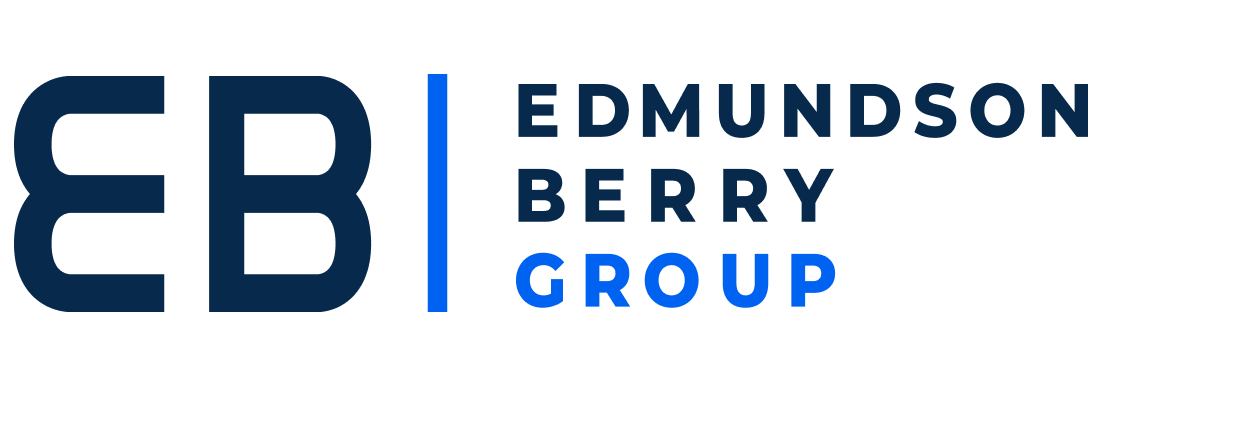- August 7, 2013
- Posted by: jsagar@marketingmo.com
- Category: Leadership and People
 Hiring is a complicated process. While some people have a unique talent for hiring and interviewing, most of us don’t.
Hiring is a complicated process. While some people have a unique talent for hiring and interviewing, most of us don’t.
The hiring process is expensive, especially when it doesn’t go well. Studies show that 82% of the time when we make a hire, we make a mistake.
A mistake is defined as follows: after two years the individual has fired you (they quit); you fired them because you just couldn’t take it anymore; or they are still with the firm but you are not so sure you would hire them again, knowing what you now know.
That’s an extremely high rate, and hiring mistakes are the largest hidden cost in your company’s P&L.
There’s a simple way to reduce this, it takes only 15 minutes, and it must be done on the front end of the hiring process.
What Determines Your Success During the Hiring Process
Some people think that hiring is about luck – finding that diamond in the rough that becomes a superstar. The reality is that luck plays the least amount of influence during the hiring process, if you do it right.
Here’s a breakdown of what contributes to the success or failure of your hire:
- 50% of your success results from the interviews that you and your team complete – the actual seeing, understanding and getting the right feel for the candidate. This includes your ‘gut feel’ for the candidate – don’t ignore how you feel about the person.
- 30% of your success results from interpreting the results of a validated assessment completed by either someone in your company who is trained in it, or by using an outside firm who can give the proper insight into your candidate’s natural energy level and direction.
- 15% of your success results from background checking, making absolutely certain that you confirm the resume facts. Candidates tend to get creative with their resumes and experience, and it’s not hard to find the faults if you check carefully.
- 5% of your success results from things totally out of your control, what we might call pure luck. It’s usually bad luck, something you could not have seen or predicted in your interview, screening or background checks. For example, you hire a perfect fit, they do a great job, they add to the culture in a positive way, but suddenly all of that changes due to a family tragedy, terminally sick child, divorce, spouse having to relocate, or maybe even an old habit reappears after years of submission with drugs. However, in those cases where you fall into the 5%, don’t beat yourself up! Just understand that it’s part of life and you move on (and if you get your hiring success up to a 95% success rate, you are a superstar)!
Most small to mid-market companies don’t execute the steps in the hiring process well, so they think that they’re unlucky when the hire goes south. The reality is that almost every bad hire results from a mistake made during the interview process.
Since 50% of your success is tied to the interview process, doesn’t it make sense to become a skilled interviewer?
How to Nail the Interview
You don’t need to complete a course on becoming a skilled interviewer to dramatically increase your probability of success at this stage. Follow this simple process … and you’ll be amazed at the results.
Take a minimum of three candidates, 15 minutes for each one, and ask them 4 questions. Tell them this is phase one, following this interview you will let them know if they made it to phase 2. If they do answer these questions successfully, open up the rest of the interviewing process for them. It is likely that they will be successful there as well if they handle this well – this is the real audition.
If two of the candidates survive, then the rest of the process will help you determine which one is the best, or you may end up hiring both. Develop a scoring sheet for yourself, 1-6 or 1-10 etc., and be sure to score them in real time.
Here are the 4 best questions to ask every interviewee:
- DRIVE – “Name something that you have done over the past two years for yourself that you paid for, that your company didn’t pay for or make you do, that made you better?” If they answer this, they are showing a high likelihood of being a very driven individual.
- ORGANIZATION – “How do you manage your time?” If they can answer this, they are giving a strong indication of being very organized in their thinking and their actions.
- STRATEGIC PLANNING – “In 45 seconds, tell me what your two fallback plans will be if you don’t get this job.” If they can successfully answer this it is likely you have found a strategic thinker and they are likely methodical in their process.
- CONTINUAL LEARNING – “Name two business books you have read in the last six months. Give me the title, author and the subject of the books.” If they can do this it’s likely you have a continual learner in front of you.
Review your grading sheet, be tough on your grading, and look for something that impresses you in their answer. If they answer three of the questions effectively, allow them to continue through the rest of the interview process.
If they only answer two, it’s not likely they will be successful in the rest of the process. If they can’t answer one, thank them and dismiss them from the process…immediately. There’s no reason to waste time clinging to the fantasy that you can change someone.
Try it in your next interview, and tell me how you fare!




